The Unviversity of the Future

The University of Bamenda has officially welcomed over eleven thousand newh students into its various Faculties and Schools during the 15th Matriculation Ceremony held on October 22, 2025, at the university’s central administration esplanade.
Read MoreThe Vice-Chancellor of The University of Bamenda informs All newly admitted students into the first year of the various Schools and Faculties of the University that the 15th Matriculation Ceremony
Read More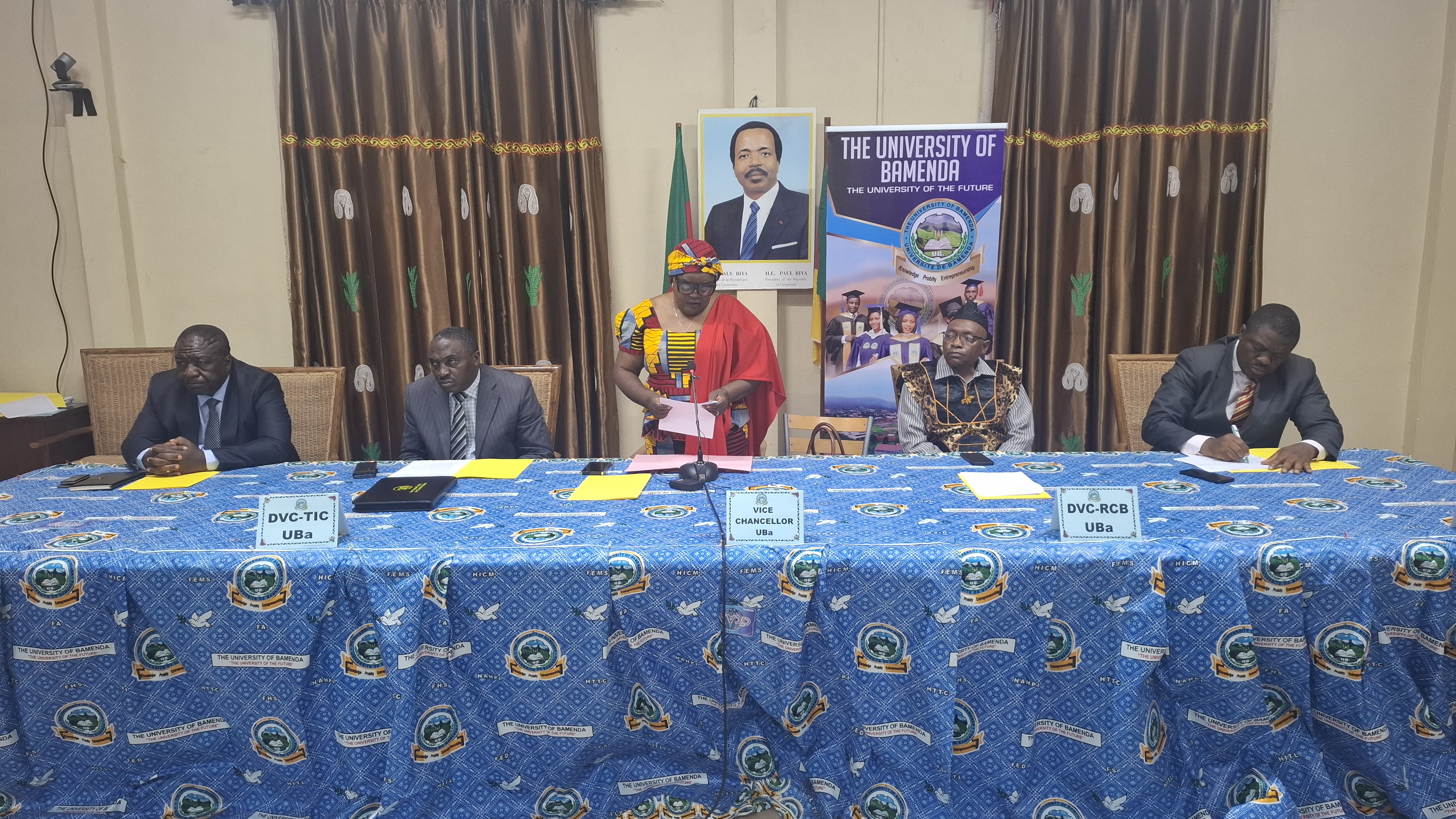
The University of Bamenda signed Memoranda of Understanding and Specific Partnership Agreements with 22 Private Higher Institutions of Learning in Cameroon.
Read More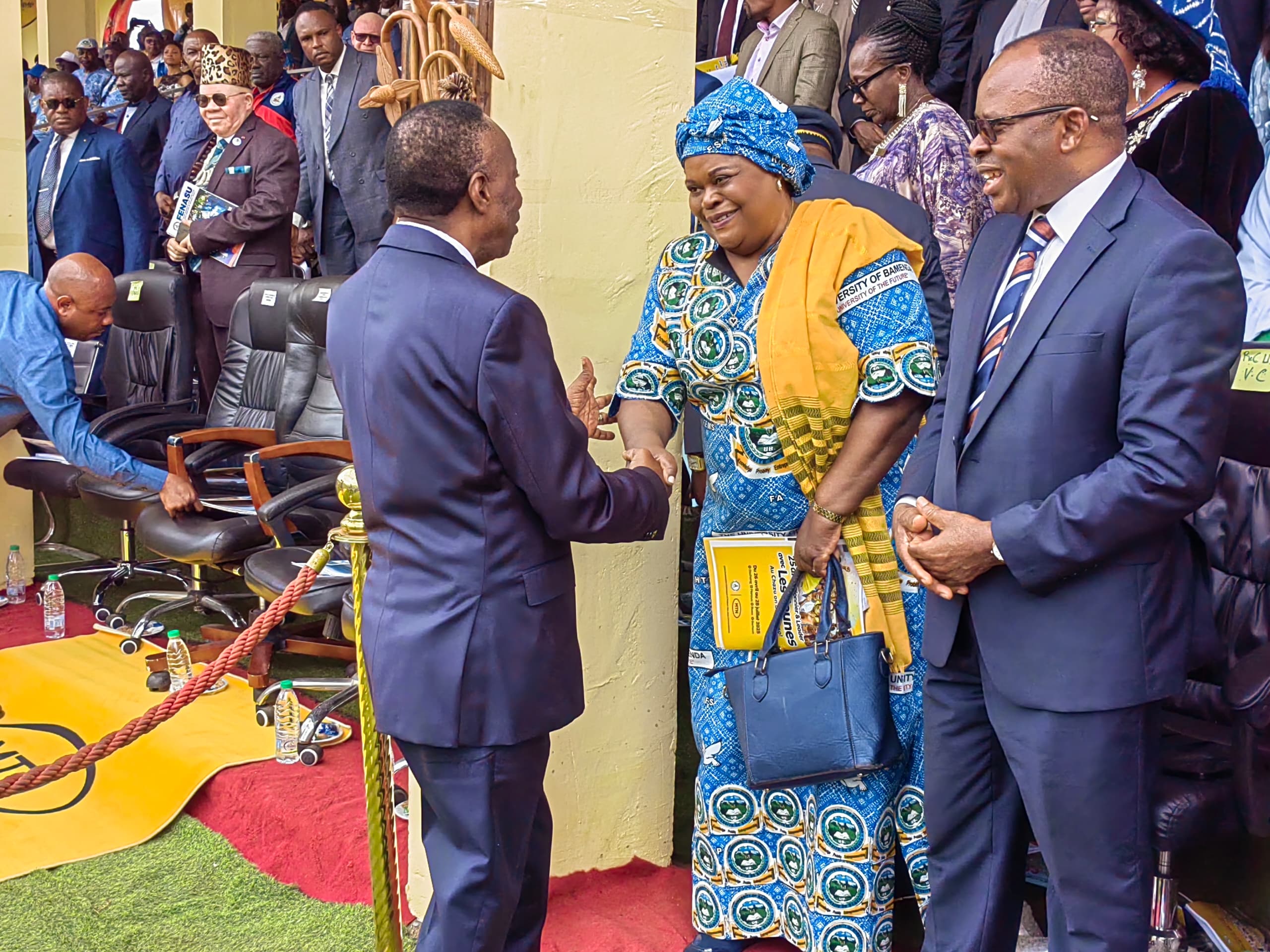
The Zonal Championship of the revamped format of the university games for pool D has been launched by the Minister of State, Minister of Higher Education, Prof. Jacques Fame Ndongo.
Read More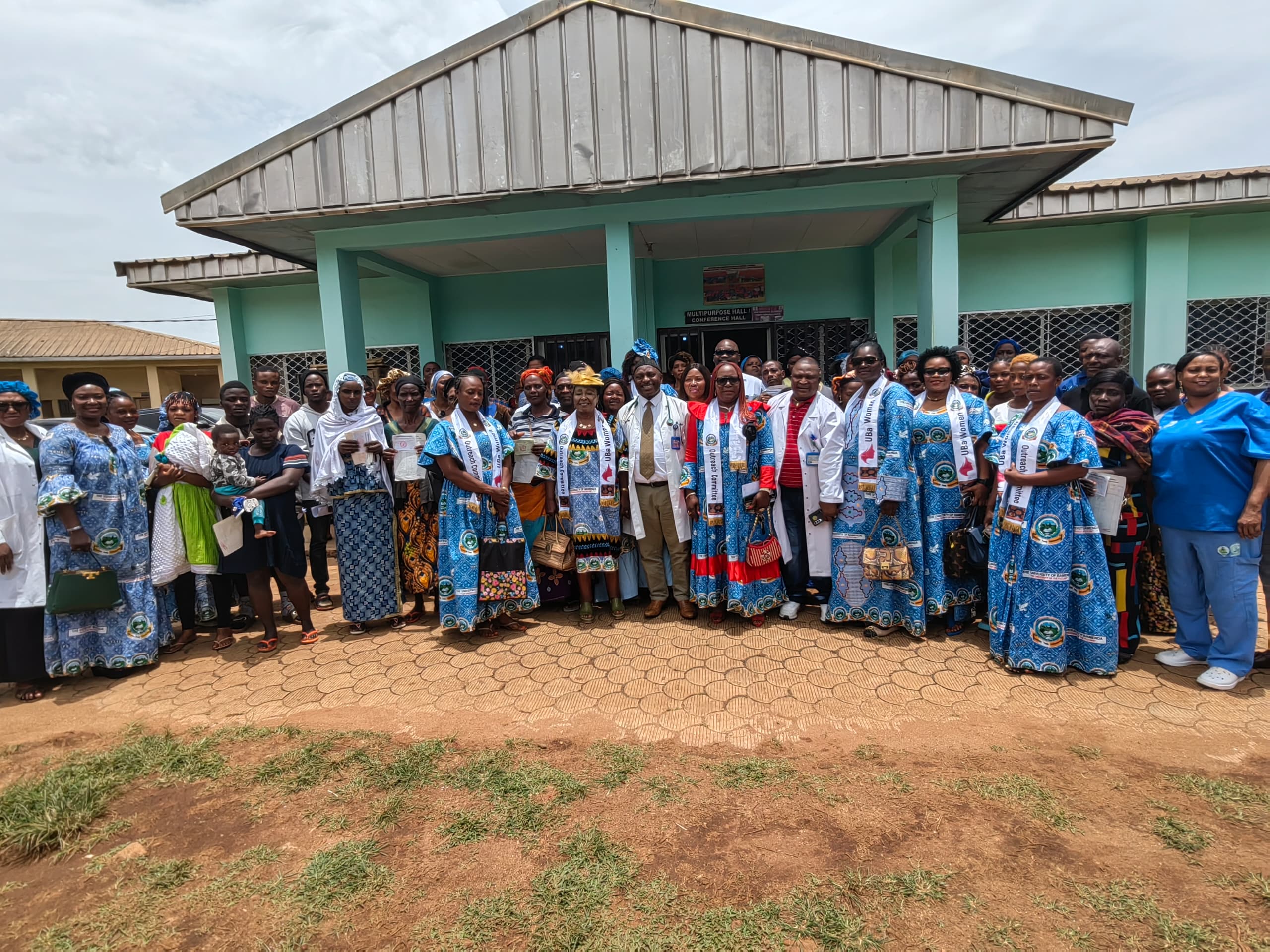
UBa Women under the stewardship of the Vice Chancellor Prof. Theresia Nkuo Akenji put smiles on the faces of patients of the Bamenda Regional Hospital
Read More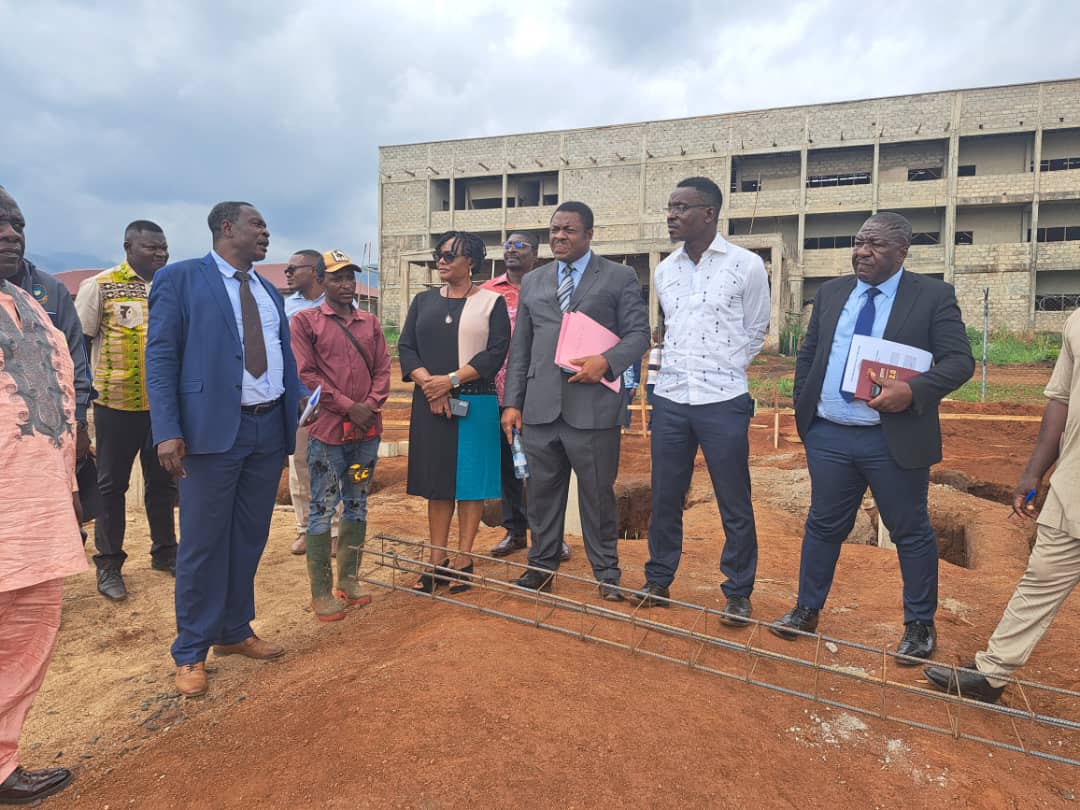
The University of Bamenda has received some structures constructed by direct labour by students of the National Higher polytechnic institute, NAHPI of the University of Bamenda.
Read MoreStudents must earn a minimum of 180 credits including credits from elective courses.
Description of the Programme: Students must earn a minimum of 180 credits including credits from elective courses.
Description of the Programme: Students must earn a total number of credits between 120-128 required for graduation OPTIONS: - Natural Environmental Resource Management, - Industrial and Urban Waste Management, - Occupational Health and Safety Management.
Description of the Programme: Students must earn a total number of credits of between 120 required for graduation. OPTIONS: a. Economic Geology and Mineral Exploration, b. Petroleum Geoscience, c. Micropaleontology/Biostratigraphy, d. Hydrogeology. e. Petrology and Geochemistry
After completing the 60 credits from the prescribed examination of course(s) and the Ph.D comprehensive examination, the Ph.D candidate shall conduct original research, write and successfully defend a doctoral dissertation under conditions fixed by Senate. The candidate shall satisfy any other requirements of post-graduate studies as may be duly approved for by the Faculty of Science.
The degree programme trains biochemists with a modern view of the living world and its environment. It provides theoretical and practical training that enables the student to identify, isolate, purify, quantify and elucidate the structures of important bio-molecules from tissues and organs. A graduate in Biochemistry should understand, interpret and explain biochemical data that account for the complexity, diversity and unity of life forms, and assess the dynamic processes of the transformation of matter and energy in living cells. Emphasis is laid on fundamental principles governing heredity, genetic information transfer, expression and regulation; chemical basis of the origin of life and evolution. Attention is paid to applications of biochemical concepts to improve human and animal health, increase agricultural production, and enhance environmental management, service industries and biotechnology. A quantitative approach involving the use of chemical and physical principles is employed to explain underlying biological processes.


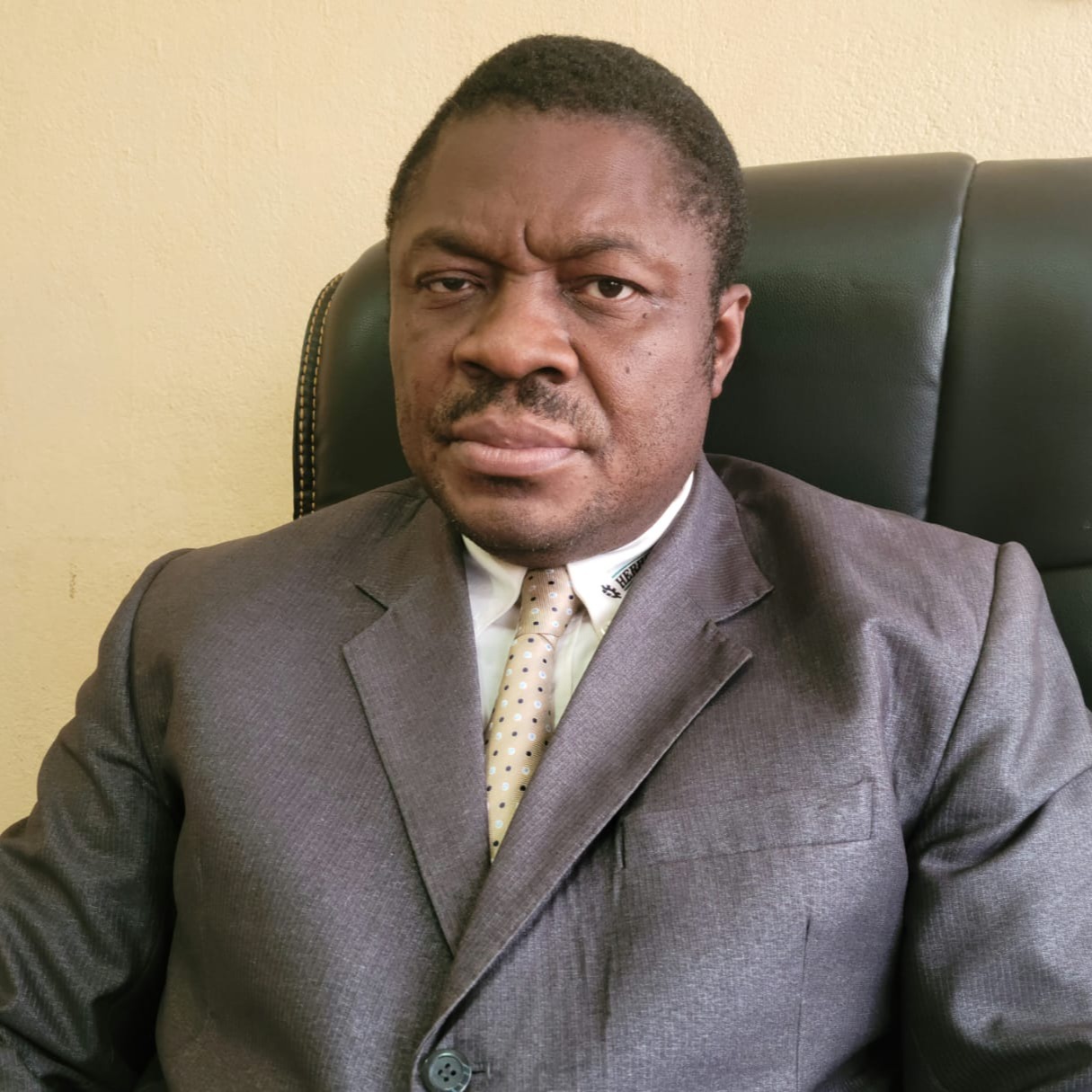

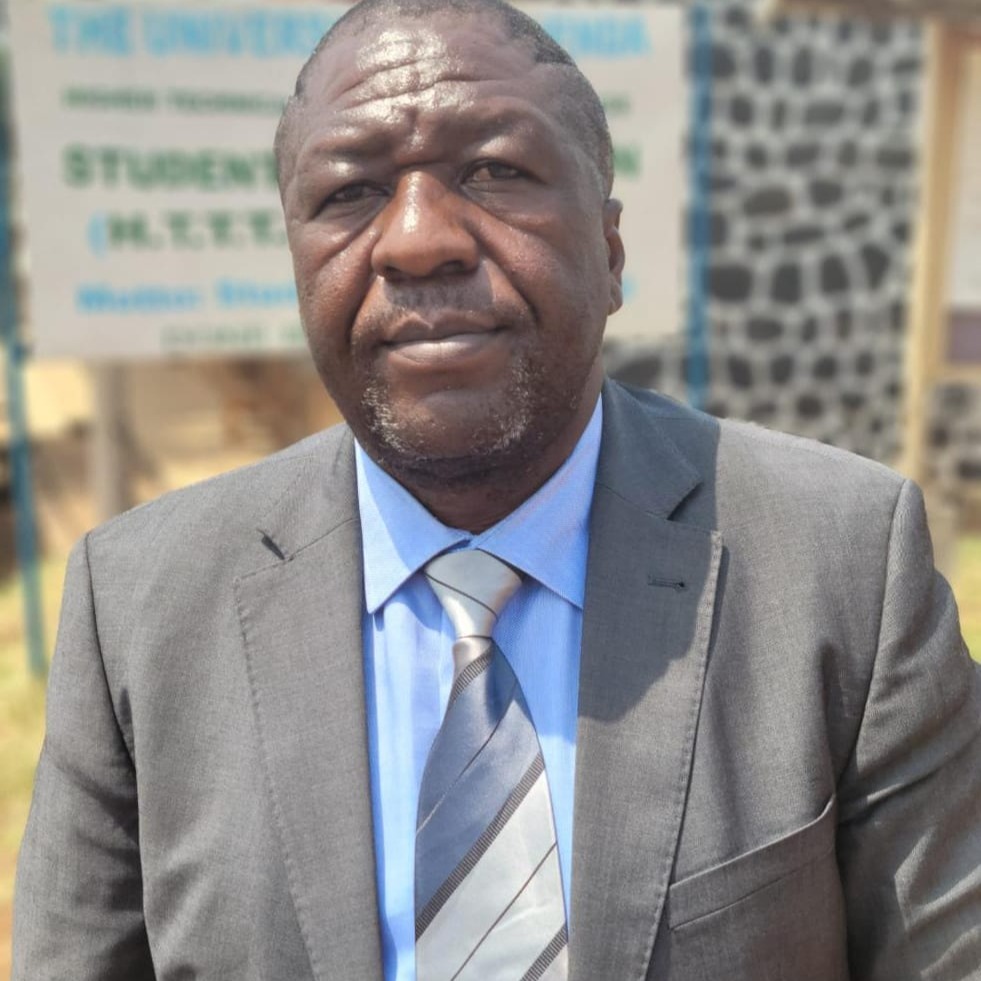


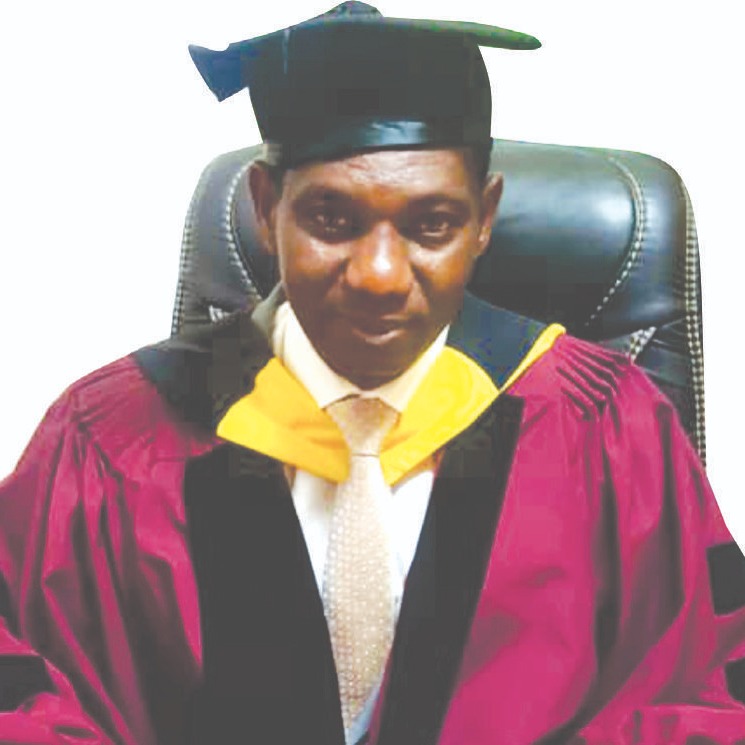


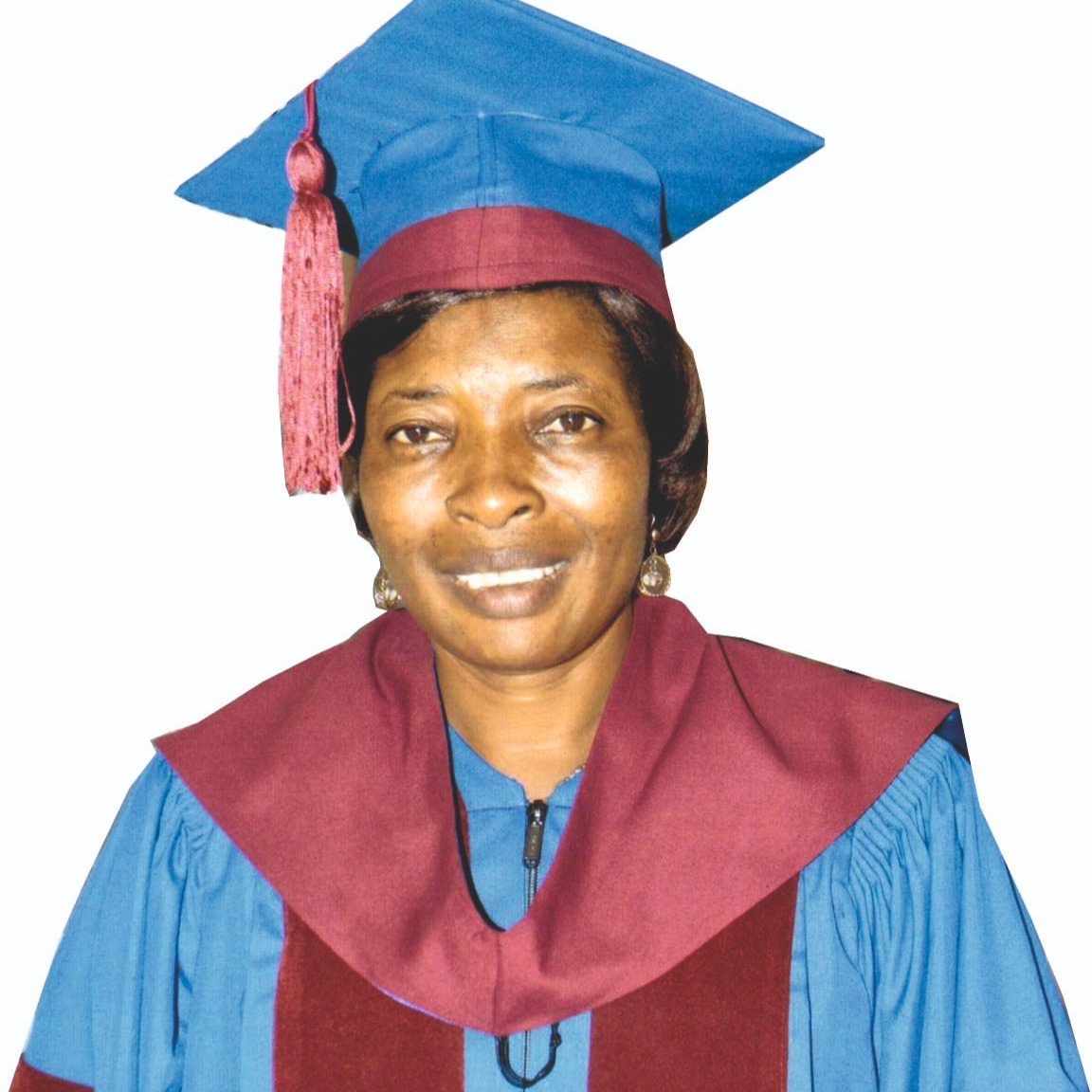


Find the best programme tailored for you